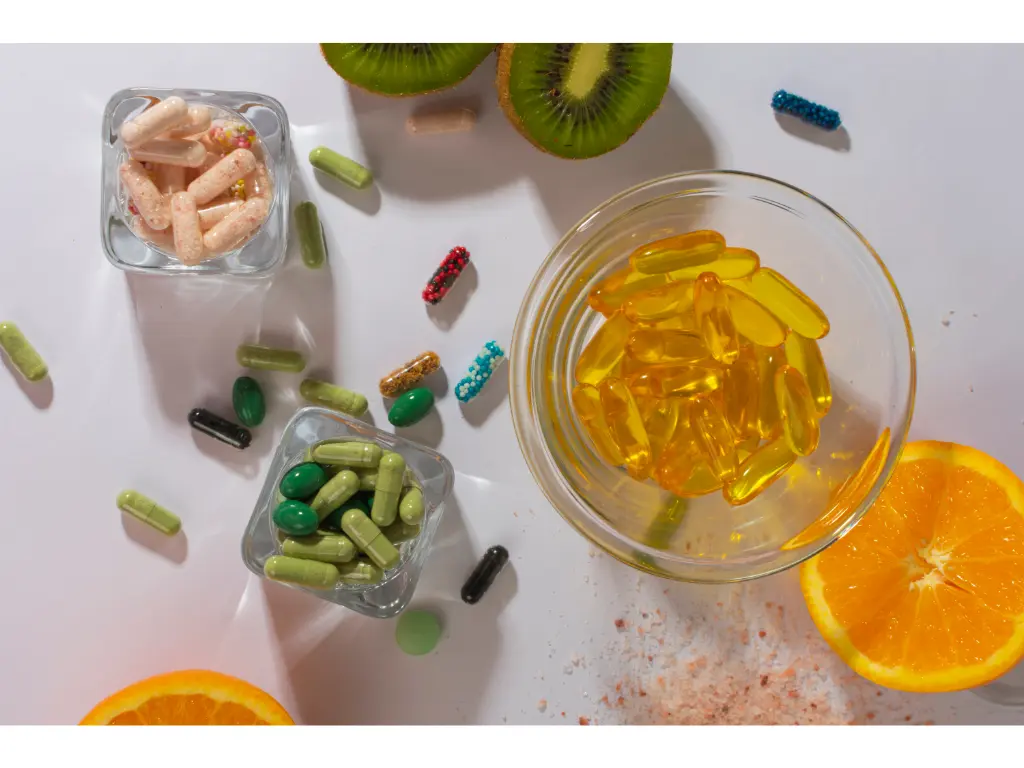- Home
- News Details
News Details

Brazil Updates Supplement Regulation to Include New Ingredients and Labelling Rules
2025-06-11 Reference source : ANVISA
Latin America Brazil Food Safety Anvisa
Brazil’s National Health Surveillance Agency (ANVISA) has announced a broad revision of its regulatory framework for dietary supplements, updating the official lists of authorised ingredients, usage limits, health claims, and mandatory warning labels.
The changes were issued through Normative Instruction No. 373, published on 5 June 2025, and amend Normative Instruction No. 28 of 2018, which sets the standards for the formulation and labelling of dietary supplements sold in Brazil.
New Additions and Limits for Nutrients and Probiotics
The updated regulation includes the addition of several nutrients, bioactive substances, enzymes, and probiotics to the authorised list for supplements intended for individuals over 4 years old.
Among the notable inclusions are:
-
Citrus fibres and 2'-fucosyllactose (a prebiotic carbohydrate produced via microbial fermentation).
-
Chlorella pyrenoidosa powder as a source of vitamin A.
-
The bioactive gamma-aminobutyric acid (GABA).
-
Probiotic strains such as Lactobacillus acidophilus DDS-1®, Bacillus coagulans SNZ 1969, and a three-strain combination involving Lactobacillus plantarum and Pediococcus acidilactici.
Minimum and maximum recommended intake levels for these substances have been defined per population group, with specific thresholds set for adults, adolescents, and children over four.
Updated Health Claims and Safety Warnings
ANVISA has also authorised new health claims for certain probiotic strains, including gastrointestinal benefits and relief of intestinal discomfort in adults. However, these claims are restricted to products that meet precise composition and dosage requirements outlined in the regulation’s annexes.
At the same time, complementary labelling requirements have been expanded to include mandatory health warnings, especially for vulnerable populations such as pregnant women, children, and immunocompromised individuals. For example:
-
Products containing GABA must carry the warning: “This product should not be consumed by pregnant women, breastfeeding women, or children.”
-
Probiotic supplements must carry more extensive warnings, such as: “This product should not be consumed by infants, young children, pregnant or breastfeeding women, or immunocompromised individuals.”
Two-Year Transition Period for Compliance
Manufacturers have been granted a 24-month period to adapt their product labelling to comply with the new requirements. This applies to supplements that were already authorised under ANVISA's regulatory framework before the publication of the new instruction.
The changes were adopted by ANVISA’s Collegiate Board in a meeting held on 4 June 2025 and signed by the agency’s Acting Director-President, Rômison Rodrigues Mota. For further details, you can find the Normative here (in Portughese).
We acknowledge that the above information has been compiled from ANVISA .
Global Product Compliance (GPC) specializes in Global Regulatory Compliance Solutions across sectors
globally. SSS Europe, a familiar name in chemical regulatory and compliance services now formally belongs
under the umbrella of GPC Holding Sweden.
Since 2008, we have emerged as one of the leading names among Global Regulatory Compliance Service
Providers with Representation services in Europe, Asia and Middle East for respective chemical
regulations.


